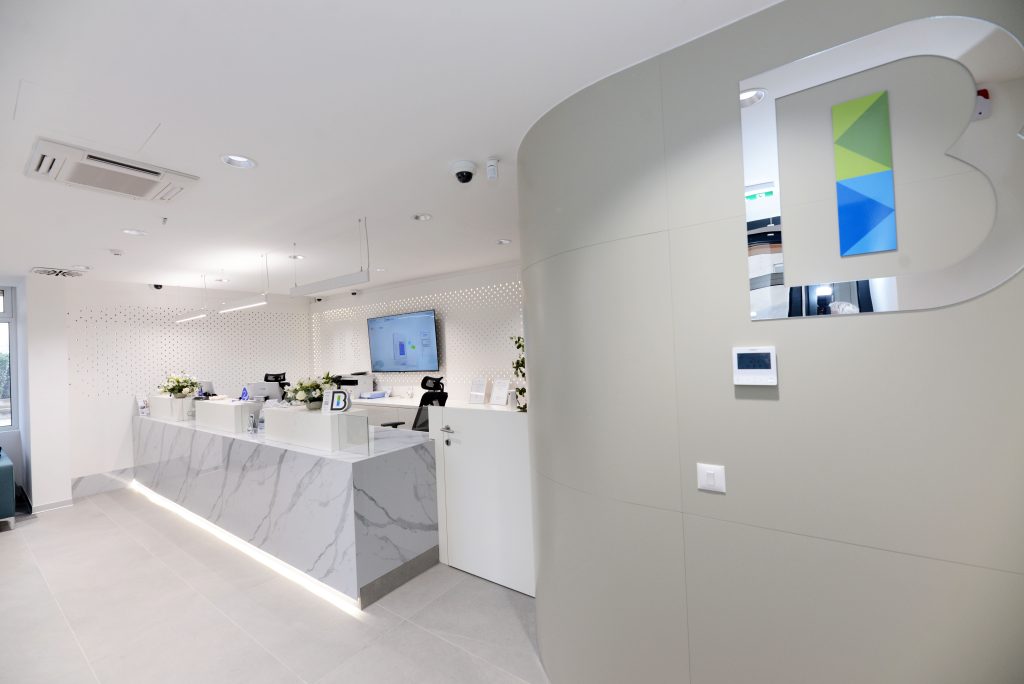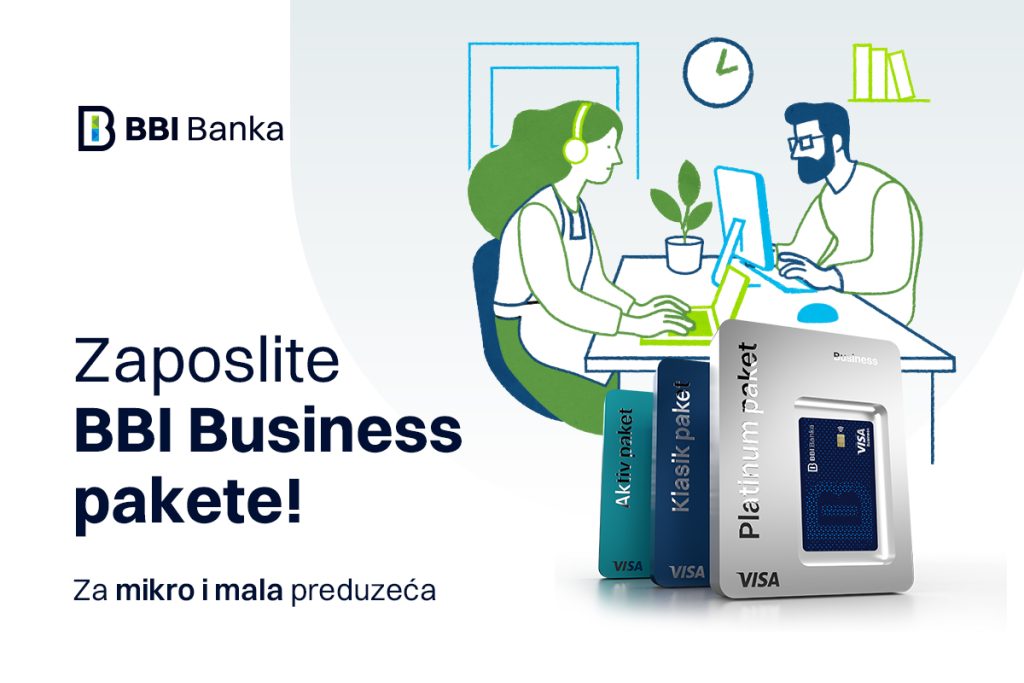It says: mr. Kenan Žigović
The word fintech is simply a combination of the words finance and technology, and it means the use of technology in the delivery of financial services and products to clients. It can refer to banking, insurance, investing, therefore, to everything related to finance. Although it is a new term, the use of technology in the field of finance is nothing new. Technology has always served as a factor that improves processes in the financial industry, in a way that, among other things, makes communication and customer service much more efficient and faster. Today, the widespread use of the Internet and devices such as smartphones and tablets have greatly changed the way we do business in finance.
Fintech such as crowdfunding, mobile payment, and money transfer services are revolutionizing the way small businesses (start-ups) launch, receive payments, connect globally, and ultimately make running a business much easier. In addition, new technologies allow us, for example, to open a bank account via the Internet without physically visiting the bank at all. Also, we can connect the account to our smartphone and in this way we can monitor the transactions, we can even turn it into a digital wallet and pay for things using the money in the account. Fintech is also rapidly changing the insurance and investment industries. Car insurers are now selling ‘telematics based’ insurance where driving is monitored using data collected via a smartphone or ‘black box’ located in
to the car. This data can then be used to determine how much the customer pays for the insurance policy. In the future it may be possible to purchase insurance on a short-term or “pay as you go” basis.
Financial technologies are having a huge impact on changing consumer behavior and expectations. Clients are used to the availability of information more or less everywhere and at all times. In this regard, it is becoming commonplace that decision-making related to the management of your investment portfolio can be done anywhere. Ultimately, all this leads to a kind of democratization of services in the financial industry, because clients expect absolutely the same level of service when we speak in this
context, both from a small company and from large multinational corporations.
Risks and benefits
The benefits of financial technology are manifested through greater speed or availability, because fintech products are available online and consumers can easily and quickly access them. In addition, fintech companies do not have to invest in physical infrastructure and therefore have more opportunities to provide a cheaper offer to their users. Consumers benefit from a greater choice of products/services, as they can shop for them no matter where they are.
The risks primarily relate to the still completely unclear legal regulation of this new way of doing business in finance, where very often the rights and obligations for all parties in the business are not defined. Financial products that are bought online and instantly without prior direct (face to face) communication result in the fact that the user can often make a hasty and informal decision, and in addition, this form of business significantly increases the risk of cybercrime.
Islamic finance
Islamic fintech essentially represents a financial technology that is in accordance with Islamic financial regulations and principles. Today, many see precisely Islamic fintech as a chance for further growth of Islamic finance, i.e. as a way to overcome the challenges that have slowed down the development of this industry to a certain extent.
When it comes to fintech solutions in Islamic finance Sharia compliance is crucial, and should be based on the same principles applicable in commercial transactions with special reference to prohibited elements in commercial contracts and operations related to financial services. Islamic fintech startups represent the first line of response in offering innovative digital solutions in Islamic finance, with rapidly growing ecosystems. Most startup businesses in the Islamic fintech industry provide peer-to-peer technology solutions to enable connections between companies and investors. Indonesia, together with the USA, UAE and Great Britain, represents the headquarters for the largest number of fintech startups in the Islamic finance market. According to the World Bank, with the presence of fintech companies, close to two billion people who did not have access to financial services will now have access. Specifically in the Southeast Asian region of approximately 600 million people, 40% of the population outside the financial/banking system are Muslims. Such data represent a chance for fintech, which is aligned with Islamic principles, to reach that part of the market and thus play an inclusive role in the field of providing financial services. Also, fintech services are adapted to the SME segment of the market, in such a way as to enable them





